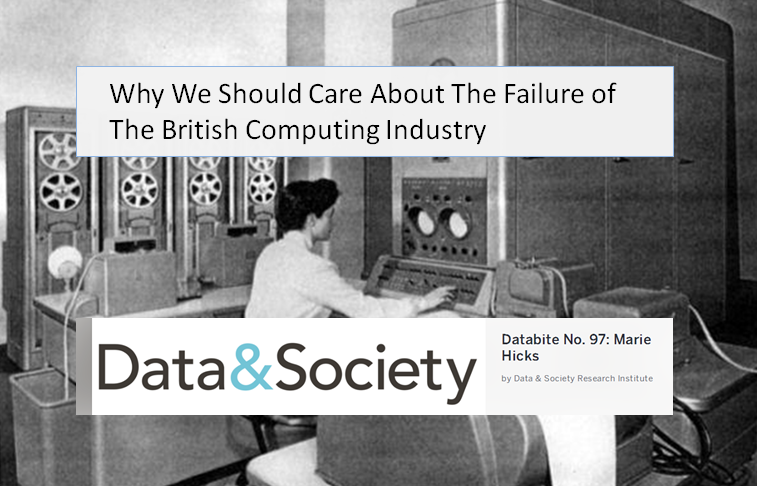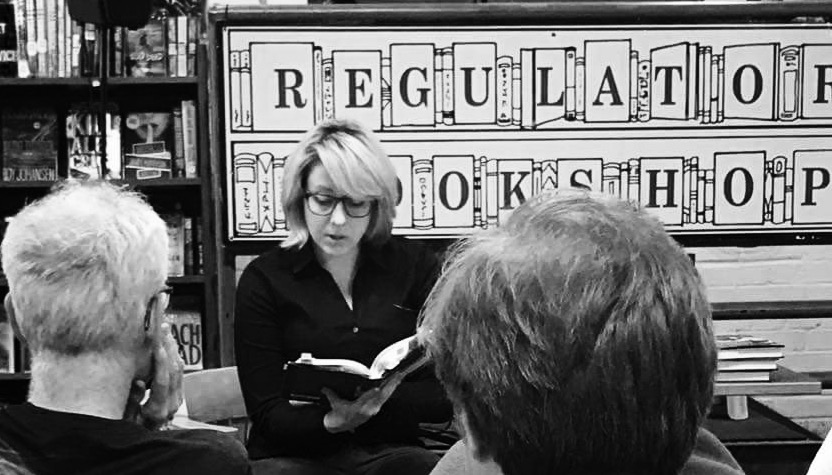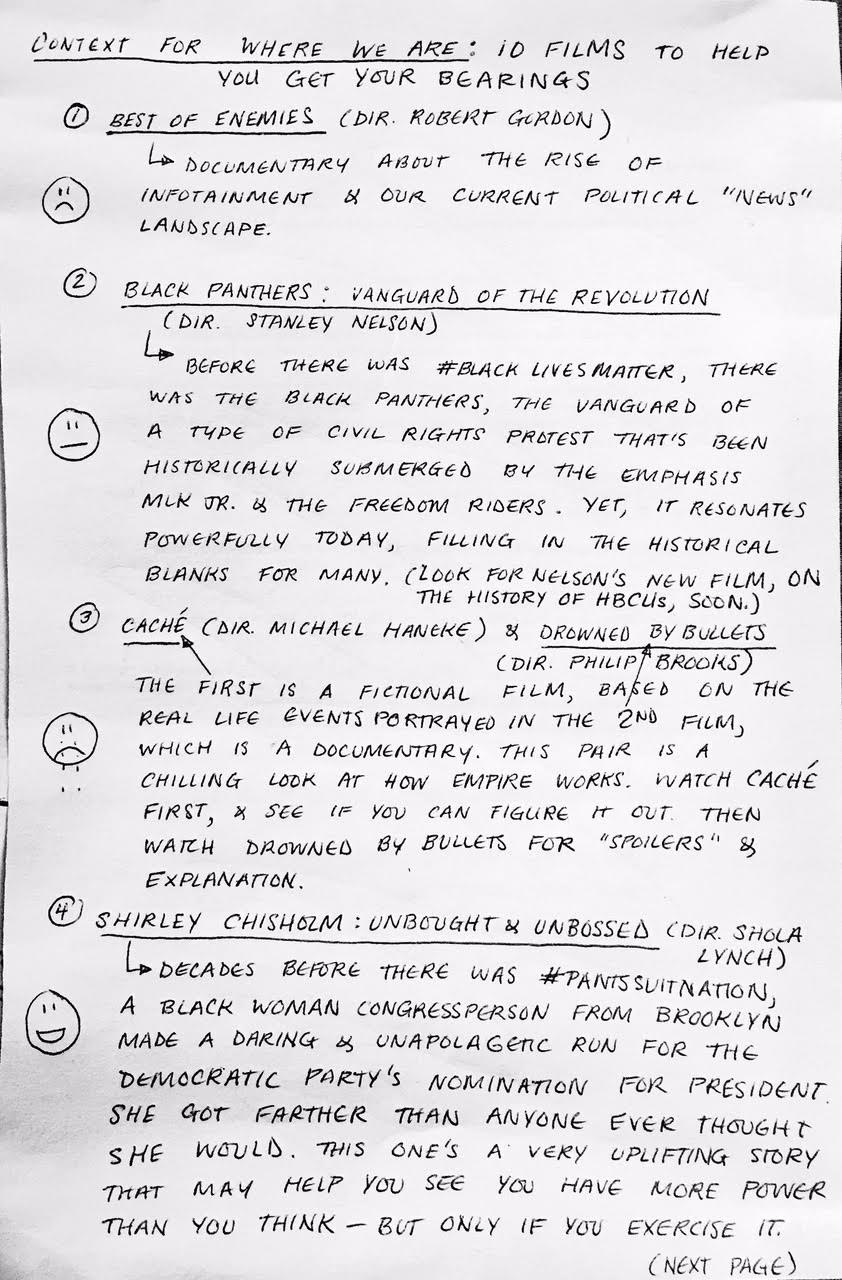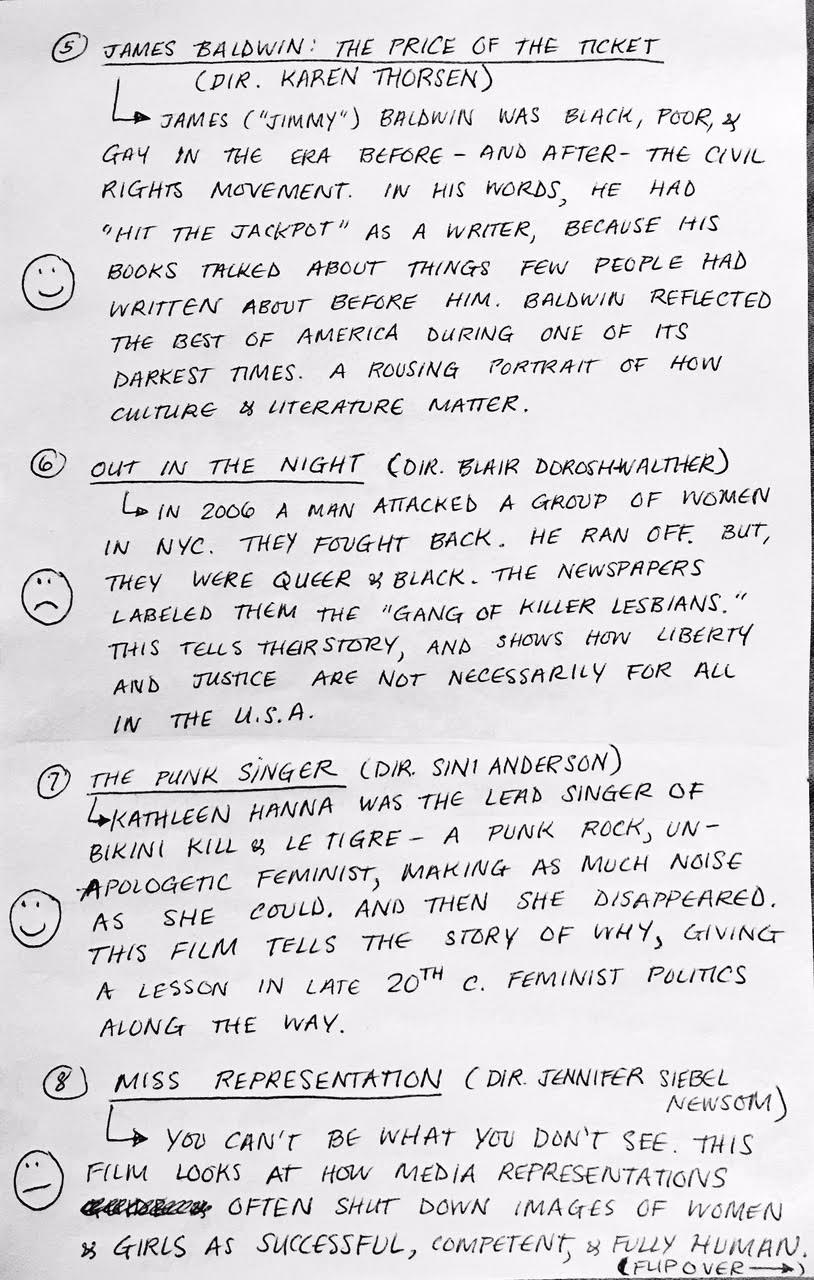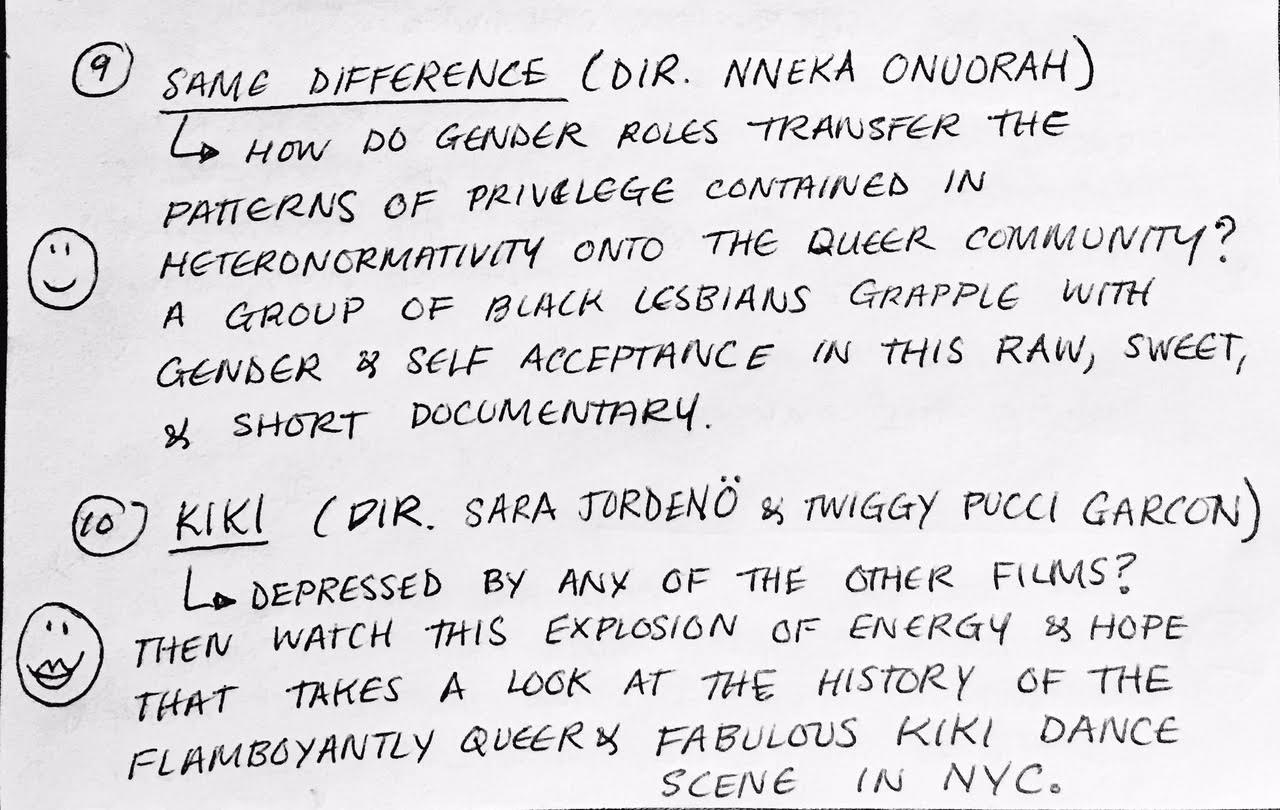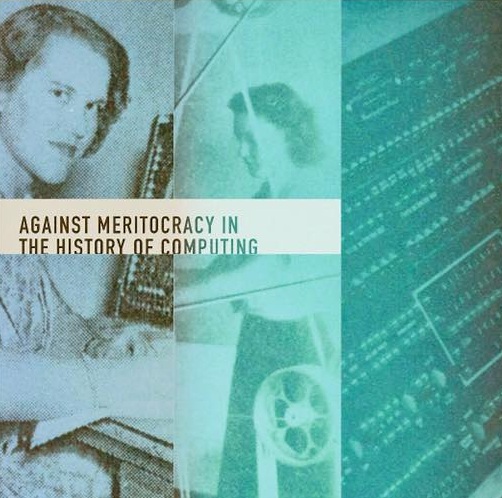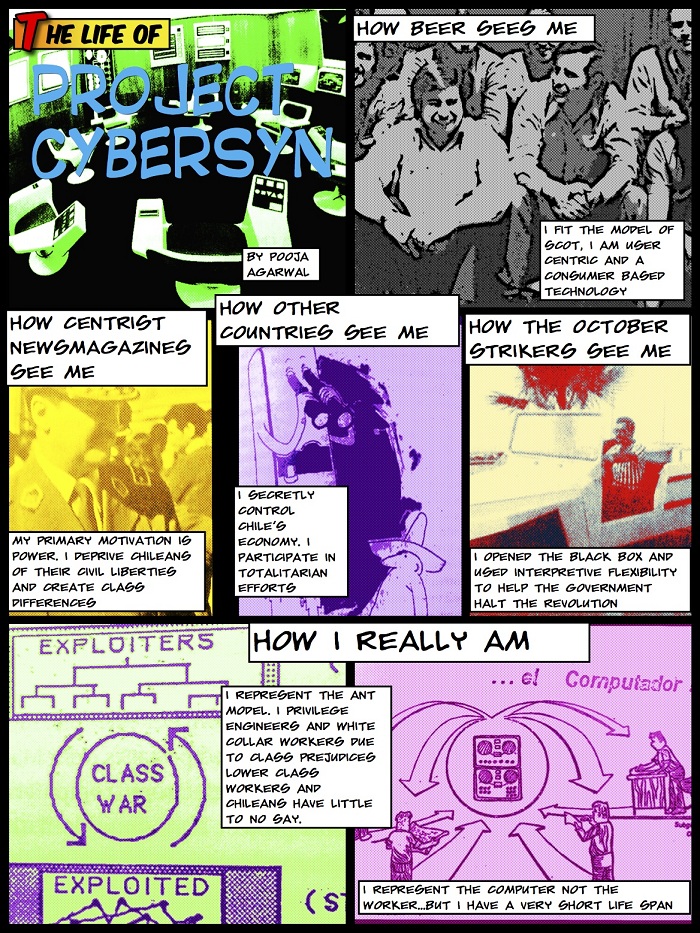Digital Humanities Speaker Series 2014-2015: Building Infrastructure Through Collaboration
In connection with the establishment of both a Digital Humanities Center and a Digital History Lab on IIT’s campus this year, this year’s series will focus on how infrastructure for the digital humanities, broadly construed, gets built, used, and apportioned–both at IIT and at other universities.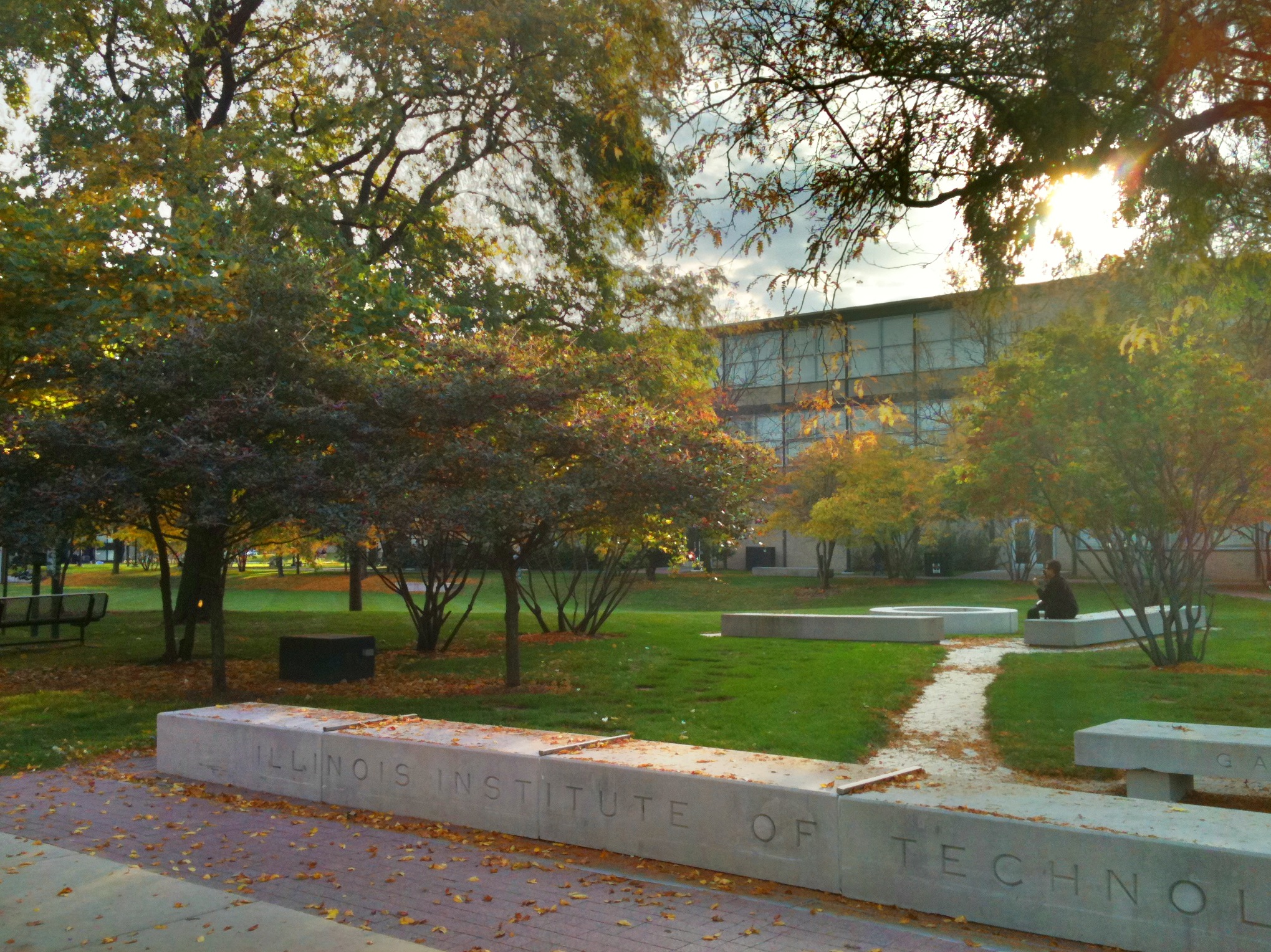
Fall Schedule:
All meetings take place on Tuesdays from 1:15 to 3pm in the Siegel 218 conference room (map). Faculty, staff, students, and visitors from other universities are welcome to attend.
1. September 9th: Katrin Voelker & Jillana Enteen, heads of the DH lab at Northwestern
“Jumpstart: Digital Humanities Projects at Northwestern University”
Jillana Enteen and Katrin Voelkner will share experiences and insights from recent projects at Northwestern that are designed to engage faculty in Digital Humanities debates and expand curricular offerings at the undergraduate level. Jillana and Katrin will address benefits and challenges of trying to jumpstart and sustain digital humanities projects and curricular efforts, such as such as NUDHL, MMLC, CSCDC and the AVD Summer Fellowship.
2. October 21st: Kevin Baker & Andrew Keener, graduate student co-conveners of the Northwestern DH seminar.
“How to ‘Do DH’ with Others: Digital Methods in Philology and Book History”
Andrew Keener will talk about collaborative digital methods in graduate humanities research through discussing the “Spenser Engagements” project and his work on a Humanities Without Walls grant that is registering Northwestern’s Special Collections holdings with a digitally accessible bibliographical catalog (the ESTC) for the use of scholars around the world. Kevin Baker will discuss his experiences as a co-convener of the Northwestern DH seminar and offer a critical view of the institution-building involved in Digital Humanities, using insights from the field of Science and Technology Studies.
3. November 18th: Lisa Massengale and Devin Savage from Galvin Library
“Structured Collaborations: How Libraries are supporting Digital Humanities Initiatives”
Devin Savage and Lisa Massengale will give a brief talk on how academic librarianship has sought to encourage and support research and teaching for Digital Humanities initiatives. They will then lead a discussion on how the Galvin Library might create local opportunities for collaboration across disciplines.



